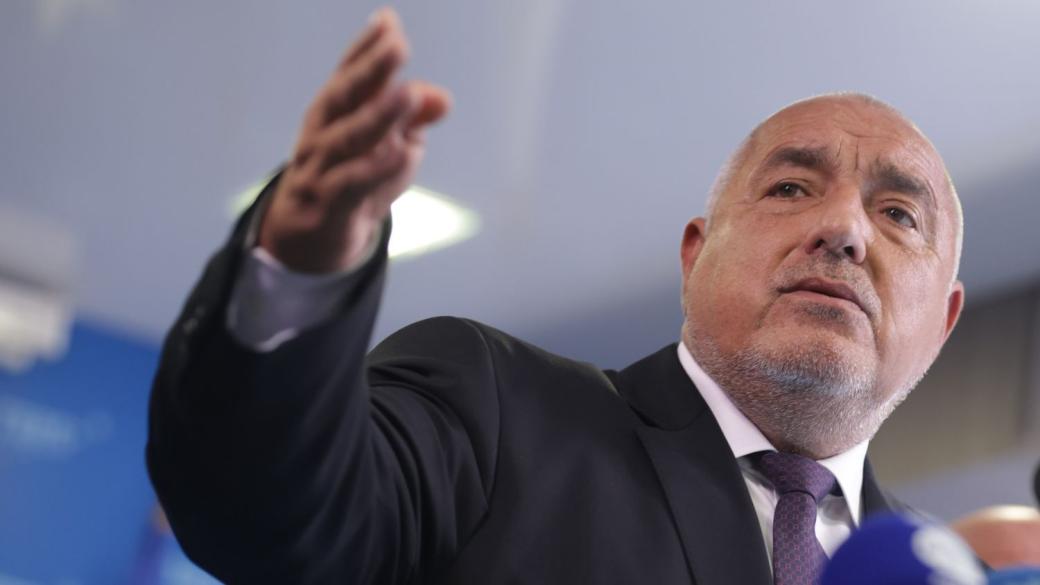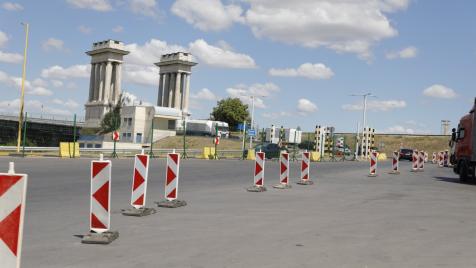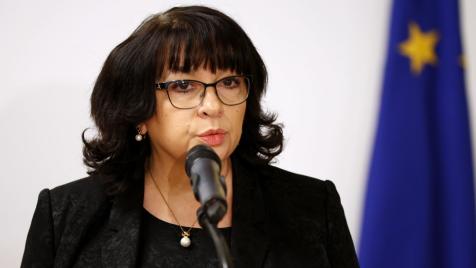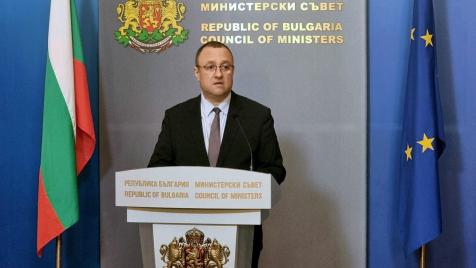Bulgaria will request an extraordinary report on its preparation for the euro in February
The politician described the introduction of the euro as "strategically important" for Bulgaria and for the survival of the coalition
Boyko Borissov:

© ECONOMIC.BG / BTA
Bulgaria will enter the eurozone and as early as February we will request a convergence report that will show whether the country is ready to join the monetary union. This was the promise made by Boyko Borisov, the leader of GERB-SDS, currently the largest political party in the country’s parliament, before the start of the regular session of the National Assembly.
Bulgaria's accession to the eurozone is a political decision and if this does not happen, then we have no place in the (government) coalition. This is strategically important for Bulgaria," Borisov said, quoted by BTA.
In recent weeks, there has been increasing talk about the possibility that Bulgaria may soon request an extraordinary assessment from the European Commission and the European Central Bank.
The reason is that the average annual inflation in the country - one of the criteria for joining the monetary union - has come significantly closer to the required threshold and is now only 0.1 points away from it.
As Economic.bg wrote some time ago if some countries with much lower inflation than the EU average were to be excluded from the inflation calculations - as was the case when Croatia’s eurozone bid was considered - then Bulgaria would already meet the criterion.
That is why many economists expected that, despite the minimal difference, the government would request an extraordinary report. The previous caretaker government also gave such a signal in the last days of its term.
On Thursday, however, Finance Minister Temenuzhka Petkova went against these predictions and said that a report would be requested when Bulgaria fully meets the last criterion. However, according to some experts, this step could significantly reduce the country’s chances of joining the eurozone, as there are already expectations of higher inflation in January due to higher Value Added Tax (VAT) and more expensive electricity bills.
Translated by Tzvetozar Vincent Iolov

 Simona Gotsova
Simona Gotsova 




